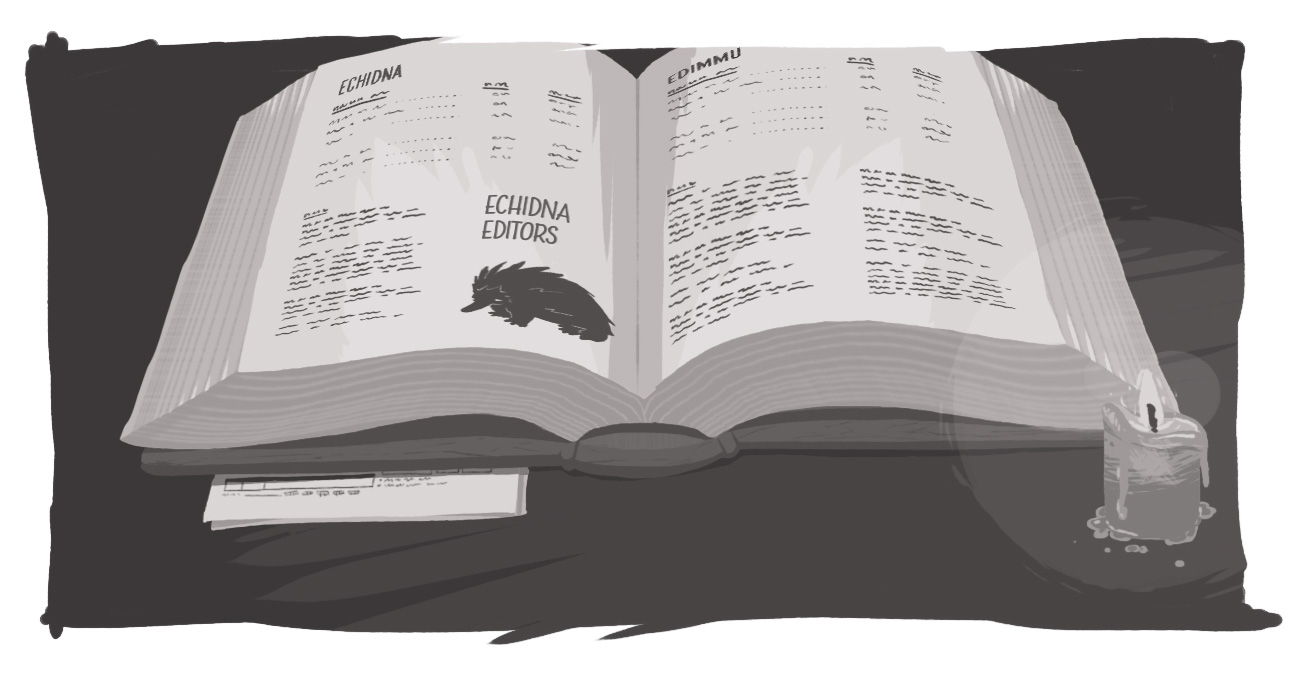A Not-By-The-Book Guide to Copywriting and Editing

I firmly believe that if you want to improve your writing and editing skills, you have to take a not-by-the-book approach to skills development.
Earlier today, a friend reached out to me on Facebook asking what books he could read to improve his copywriting and editing skills. I started typing back, "I'm not a book guy..." and then paused. Because that's not true at all. In fact, I'm a huge book guy -- I'm just not fond of the flavour-of-the-month, what's-trending-last-week nature of DIY, educational books.
I love to read. We have stacks upon stacks of books at home, filling multiple bookcases and placed strategically in other areas to make it look like our book-buying habits haven't exceeded our book-storing capacity. On-line, I read pretty much everything -- from sports columns to lengthy analyses of current events to mindless entertainment drivel.
So I paused and rethought my response. Instead, I explained how I've never been one for books when it comes to copywriting and editing-related learning. I find they tend to be too focused on the "trends" and I'm much more about building up the foundations. As a result, there are some things I can recommend.
The Canadian Press Style Guide: I grew up in journalism, so maybe that's why I gravitate to this, but I still find the idea of a standard guide that outlines the basics of capitalization, punctuation, and other structures comforting.
It's subtle, but the absence of a standardized guide can have significant impacts on your content. From a web perspective, it can be jarring for the reader to experience multiple spellings, and formatting and writing styles. Part of the goal of creating a positive user experience online is ensuring that your reader/customer will be able to intuitively navigate through your content. That's only developed by establishing a consistency of experience, which allows people to "know" where to go.
The Elements of Style, Strunk & White: First printed almost 100 years ago, it still resonates today. The foundational statements of omitting needless words, using the active voice, and employing parallelism are all still as valid today as they were upon publication -- maybe more so considering the reading patterns that the web has fostered.
There are newer books that are worthwhile. For example, Eats, Shoots and Leaves is a fun read -- especially as a serial/Oxford comma enthusiast. And, of course, I will read anything and everything by Steve Crescenzo, who was a featured guest at a Ragan conference that I attended years ago that was truly revelatory for me. The idea of clear, concise, and Biz-Speak-free content was something I firmly believed in. From an early age, I wanted to strip away the fluff, eliminate the bull, and focus on speaking to people the way they wanted to be spoken to -- not the Biz-speaky way that the corporation I worked for at the time preferred. I found a home with Steve and Mark Ragan. It was nice to know there were others fighting the good fight. And it gave me hope that business communications doesn't have to be a wasteland of wasted words, empty thoughts, corporate buzz words and jargon, and forcing customers to decipher your linguistic gymnastics.
But what it all comes down to is that the best way to improve your writing and editing is to do it. Try different types of writing. I continue to write for various sports, news, and entertainment publications because it allows me to diversify my tools, learn, and grow. By exploring how to reach different readers and deliver the right message to them, it informs my work as a Content Strategist. It creates a breadth of knowledge that allows for added depth to your work.
When it comes to editing, it's important to not fall in love with your own work. I once heard an adage that stated something to the effect of, "one who edits his or her own work has a fool for an editor." Unfortunately, the realities of the working world means that I'm often playing the fool. Chances are, every word isn't a precious jewel worthy of display, but rather there are likely things that can be pared down for clarity or conciseness. Writing on the web mandates that need for self-editing.
And while I will fight the good fight against listicles until the day I die, I will advocate for the use of bullet points for clarity and ease of reading.
In the end, everything we do as communicators comes down to telling good stories in the way that the readers want to read them. And if you can't understand readers, their motivations, and how to focus a story on what's in it for them, your work won't be successful.
SUBSCRIBE TO OUR E-NEWSLETTER
 Subscribe
Subscribe


